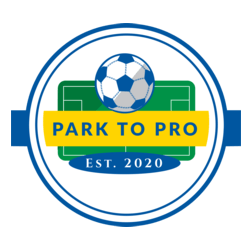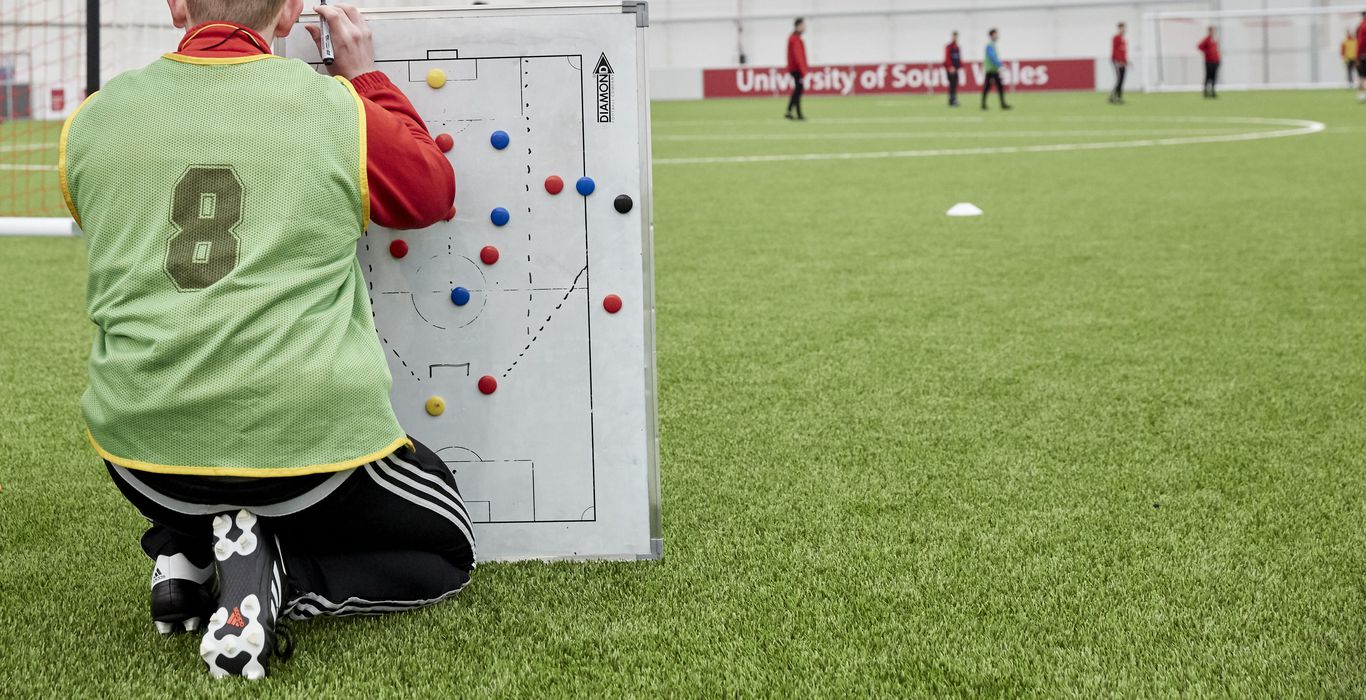Welcome to the Park to Pro Coaching Blog
The Park to Pro Coaching Blog is here to help you improve your game. Whether you’re a coach, player or parent, there will be a series of posts that will be released at set intervals, to take your game to the next level.
If you’re a player, why not check what we can offer you under the, ‘For the Player’ tab? Or, if you’re a coach, check under the, ‘For the Coach’ tab.
Park to Pro offer many services to the football industry, so don’t delay, sign up today and improve your game.
We’re kicking off our first blog with a topic about football coaching. I hope you enjoy the read!
What is football coaching?
Where do we start with this question? What is football? What is coaching?
According to the oxford dictionary, football is;
“Any of various forms of team game involving kicking (and in some cases also handling) a ball, in particular (in the UK) soccer or (in the US) American football”.
…..and coaching is;
“Put simply, coaching is a process that aims to improve performance and focuses on the ‘here and now’ rather than on the distant past or future. … In coaching, fundamentally, the coach is helping the individual to improve their own performance: in other words, helping them to learn”.
To clarify here, we’ll be using the context of football (as traditionally known in the UK).
So now the question is, what does your football coaching look like?
Before starting to coach, you need to understand what football is. The game is made up of 4 phases, which are attacking, counter pressing, defending and counter attacking. Within each phase there are team functions and then, team tasks.
Without going too far ahead, we firstly need to understand each of the 4 phases.
Attacking – When our team has the ball and focus on the objective of scoring in the opponents goal.
Counter Pressing – When our team loses the ball and intend to win back ball possession, while the opposition are getting organised.
Defending – When our team doesn’t have the ball and focus on the objective of disturbing the opposition build up.
Counter Attacking – When our team reagin ball possession and intend to expose the opposition’s dis-organisation.
By reflecting on the above definitions, do you recognise when these moments take place in your practices and games? Are they happening often or are they non-existent? Only you will know the answer to this and if you as the coach, are designing the relevant practices.
Let’s take an example. You have an u11’s team and you want to work on, ‘finishing on the goal’, at your training session this evening. A few questions you may want to ask yourself are;
Where on the field does this take place?
When in the game does it happen?
Which players are usually in this position of the field?
Why do these opportunities happen?
Now, I’m sure you can answer those questions for yourself, but do you use those answers to design a relevant practice for your players? What if you consider the following;
What phase of the game does this usually take place in?
How does the ball get into this position, to enable us to finish on goal?
By firstly understanding how this moment may happen in the game, could lead to a higher chance of success for your team and allow them to be more predictable.
The next part of this process to understand is, what is coaching?
As mentioned above, coaching is a method used to help someone improve their performance. What does improvement look like and how can you, as a coach, impact this? If you we’re to ask someone about their own reflections on what they want to improve on, they may be able to give you an objective answer. As an onlooker though (you, the coach), can you objectively identify something in a players performance, that needs improving?
“He missed 3 opportunities on goal, in the last game”.
“She mis-placed 2 passes, in the last game”.
While reading those 2 statements, could you give an objective explanation, as to why it happened? Does it mean that those 2 players are incompetent and those 2 areas of their game are labelled as ‘weaknesses’?
Football is a random game and is unpredictable at all times. There are many external factors that we need to consider, as well as factors within the personal life of a player. All of this impacts the behaviour they display and could be a symptom for a decline in performance.
Going back to the, ‘football’ problem though and observing the missed opportunities in the last game, what can we do to solve this?
Firstly, we need to identity the football action that the player in question was attempting to execute. Once this has been identified, we need to understand if this was the desired decision of the player? If it was, was it an error in failed technique execution, or if it wasn’t the correct decision, then why? We can’t see a players decision so we can never make the assumption of, what you see, is all there is. Having dialogue upon reflection, will give you a closer understanding of what happened and why.
“Did you intend to kick the ball there?”
“Yes, I did coach”.
From asking 1 question, you can understand the players thinking and what they saw.
“Why did you kick the ball there?”
“I thought my team mate was going to run into that space coach”.
From the touchline it may have looked like the above player just kicked the ball into an empty space, no where near a team mate. When in fact, after dialogue, you can see that the player thought that their team mate would move there to receive the ball.
After coming to this conclusion, you can now see that something needs coaching and you are closer to finding a solution for the player.
Now, when do we address this situation and attempt to coach it? During the game? After the game? Before the next training session? During the next training session? The possibilities are endless and you as the coach, should know what is best for you and that player.
In this example, we’ll use the next training session to execute the coaching.
Check the next blog, to see what happens at the training session, when we’ll be addressing the situation.
Park to Pro tips;
Try and understand what football is, through an objective lens.
Analyse your team using the 4 phases of the game and attempt to recognise what they made need coaching with.
A coach is in place to improve football, not to ‘look busy’ and facilitate something that looks like football.
Use questions to try and understand what someone is thinking. By doing this you are creating an entrance point to their brain.
LEARN. TRAIN. DEVELOP YOUR GAME!


